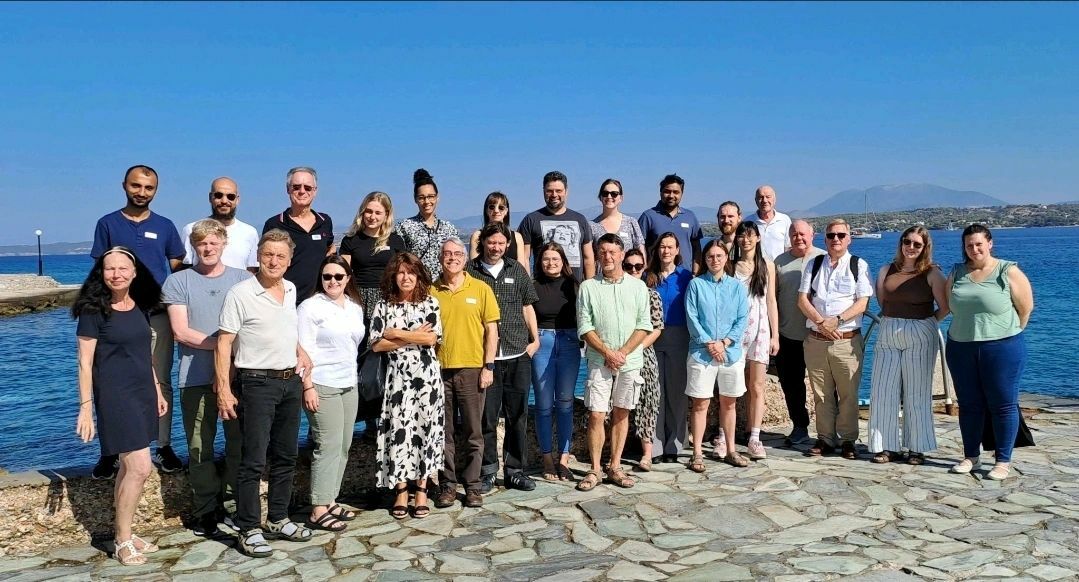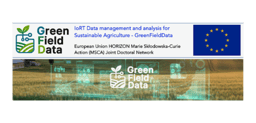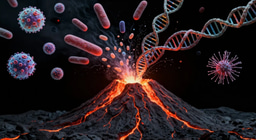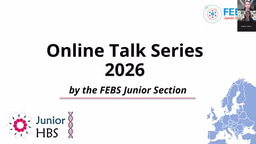Insights from the FEBS Advanced course in Fish Immunology and my PhD journey

I am thrilled to be in the final stages of writing my PhD thesis, where I have studied the fascinating interaction between Atlantic salmon and the ectoparasite salmon louse. The salmon louse is a major challenge in Norwegian aquaculture, necessitating innovative and sustainable treatment solutions. My research has focused on how the salmon louse evades rejection by the Atlantic salmon, eliciting only a minor immune response, unlike other related species that successfully reject the parasite. In our study, we identified 15 proteins in the salmon louse’s labial gland that are secreted at the feeding site. Remarkably, several of these proteins exhibit anti-inflammatory properties or even kill immune cells! We propose that these proteins help the louse dampen the host’s immune response and avoid rejection. Additionally, we may have uncovered potential protein-protein interactions between the salmon louse’s labial gland proteins and the host salmon’s proteins. This exciting work has contributed to the development of gene-edited salmon that may be more resistant to lice (ongoing research)!
Recently, I had the incredible opportunity to attend the FEBS Advanced Course 'Fish Immunology: Molecular and Evolutionary Perspectives' at the Spetses Hotel in Greece. Although there were no lectures specifically on sea lice, the course provided me with a comprehensive understanding of fish immunology, new perspectives and filled some of my knowledge gaps. I particularly enjoyed lectures on mucosal immunology, immune responses to parasites, and insights into culturing keratocytes and their role in innate immunity, which is highly relevant for sea lice that reside on the skin mucosa. I also gained new insights into neuroendocrine and environmental immunology, highlighting the connections between neural signalling, hormonal signalling, the environment, and immunology.
Moreover, it was fascinating to learn about the diverse projects of other participants, ranging from studying pathogens in aquaculture species to protecting wild fish in rivers, conducting biomedical research using zebrafish, and employing single-cell proteomics in fish research. I am especially excited about the potential of single-cell proteomics in future fish immunology research, which currently lacks antibodies for protein-level studies.
As I approach the submission of my thesis, I initially questioned whether attending the course was a wise decision. However, it turned out to be the perfect opportunity to step away from my desk, engage in scientific discussions, and gain fresh perspectives from outside my research group. This course has broadened my horizons and provided me with renewed motivation for the final weeks of my thesis writing. The small group setting, and relaxed atmosphere fostered meaningful interactions between speakers, PhD students, postdocs, and peers. The beautiful surroundings of Spetses and the daily morning swims certainly added to the experience. Perhaps the Spetses summer school was inspired by Hadrian’s Library in Athens, which featured a swimming pool to promote relaxation and learning.
This course has connected me with colleagues from across Europe, the US, and Australia! Small, multi-day courses like this offer invaluable networking opportunities, allowing ample time to get to know people and discuss science, potentially leading to future collaborations and solutions to research questions. Often, I feel courses like these are a better networking opportunity than large scientific conferences. As for my future, I am passionate about research and fish immunology. Whether my journey continues with a postdoc position, an R&D role in the industry, or a management position, I am confident that the skills I’ve gained in fish immunology, grant writing, networking, brainstorming, and critical thinking will always be relevant.
I am deeply grateful to FEBS for supporting such courses and honoured to have received a FEBS Youth Travel Fund grant, which enabled me to attend. I highly recommend my peers join scientific communities like FEBS!
For more information about the FEBS Advanced Courses programme visit the FEBS website.
Top image provided by the FEBS Advanced Course 'Fish Immunology: Molecular and Evolutionary Perspectives'.





Join the FEBS Network today
Joining the FEBS Network’s molecular life sciences community enables you to access special content on the site, present your profile, 'follow' contributors, 'comment' on and 'like' content, post your own content, and set up a tailored email digest for updates.